SURGERY
AVAILABLE IN THREE CONVENIENT LOCATIONS
ADVANCED VETERINARY CARE
Veterinary Specialists Aotearoa Surgery has a team of six surgeons operating from specialist hospitals – Sylvia Park and Auckland West, both in Auckland and in our newest hospital in Christchurch. A complete surgery service is offered in all areas at all three hospitals: orthopaedic, neurologic, oncologic and soft tissue. Our surgery team works closely with referring veterinarians to diagnose and treat complex surgery conditions in dogs and cats. We like to think of ourselves as an extension of the primary veterinarian’s practice. Our case load is broad and challenging in many cases.
New and innovative procedures are constantly being introduced to our treatment protocols as meaningful objective data becomes available through research and peer reviewed literature. Our objective is to achieve optimal outcomes for our patients.
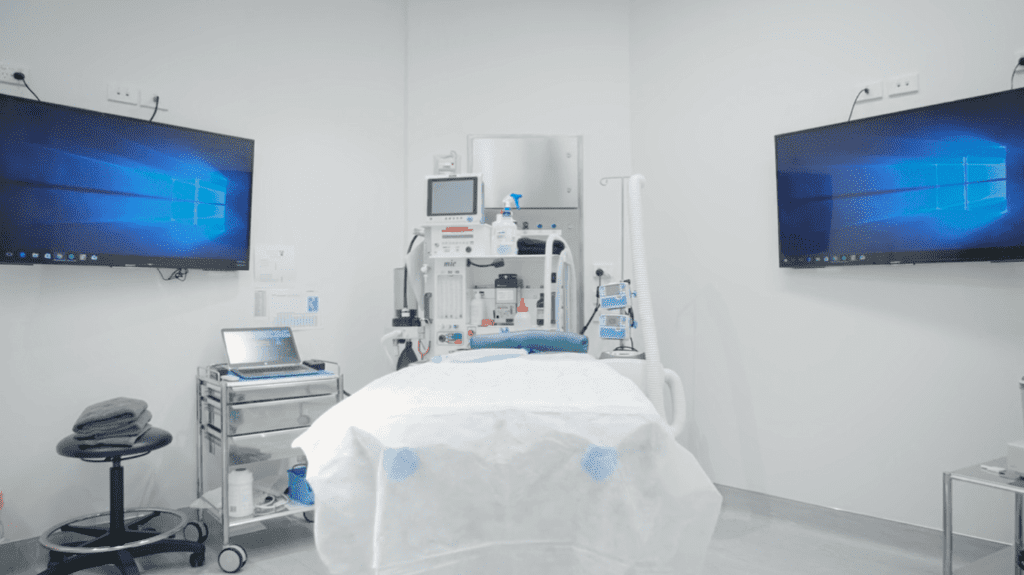
Focused expertise in surgery
One of the many benefits of size is that our team can now also offer more focused expertise in certain areas so that optimal care is provided. For example:
- Brain surgery – Dr Richard Jerram and Dr Kyle Clark plus the Veterinary Specialists Imaging team.
- Hip replacement – Dr Alex Walker, Dr Alastair Coomer and Dr Damian Chase
- Minimally invasive surgery – Thoracoscopy and laparoscopy – Dr Kyle Clark
- Arthroscopy – Dr Damian Chase
- Urinary tract surgery and hydraulic sphincter placement – Dr Alastair Coomer
- Reconstructive surgery – Dr Alex Walker
MEET THE VSA SURGERY TEAM
Dr Alex Walker
Director & Registered Specialist Small Animal Surgery
Dr Richard Jerram
Clinical Director & Registered Specialist Small Animal Surgery
Dr Alastair Coomer
Managing Director & Registered Specialist Small Animal Surgery
Dr Damian Chase
Registered Specialist Small Animal Surgery
Dr Kyle Clark
Registered Specialist Small Animal Surgery
Dr Micahel Nawrocki
Registered Specialist Small Animal Surgery
Dr Aparna Tikekar
Dr Edward Hart
Dr Greg Lukaszewicz
SURGERY CASE STUDIES
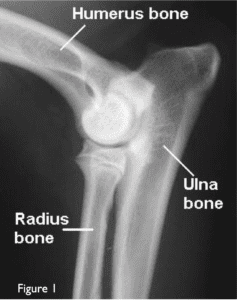
ELBOW DYSPLASIA
IN DOGS
The most common cause of front leg lameness in dogs is developmental problems of the elbow joint. This disease leads to degenerative changes (osteoarthritis) in the joint including cartilage damage, bone spur (osteophyte) production, and loose bone fragments.
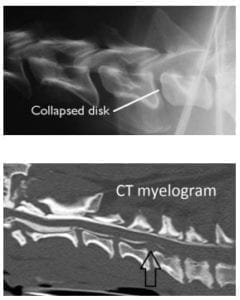
CERVICAL INTERVERTEBRAL DISK DISEASE
The most common cause of neck pain in the dog is injury to the spinal cord from a slipped (ruptured) disk in the neck. This injury can cause permanent problems with normal activity. Generally, urgent treatment is required to reduce the risk of permanent disability.
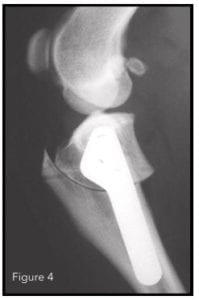
TIBIAL PLATEAU LEVELING OSTEOTOMY
The most common cause of hind leg lameness in the dog is injury to the cranial cruciate ligament of the knee (stifle). This injury leads to degenerative changes (osteoarthritis) in the joint including cartilage damage, bone spur (osteophyte) production, and cartilage pad (meniscal) injury.
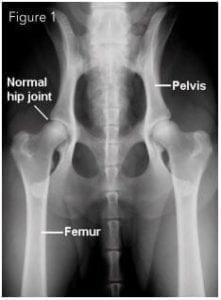
HIP DYSPLASIA
IN DOGS
One of the most common causes of hind leg lameness in the dog is developmental problems of the hip joint. This diseases leads to degenerative changes (osteoarthritis) in the joint including cartilage damage, bone spur (osteophyte) production, and loose bone fragments.
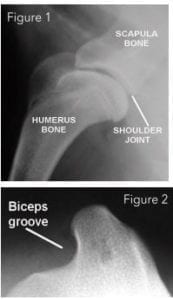
SHOULDER LAMENESS
IN DOGS
Several of the most common causes of front leg lameness in the dog are problems involving the shoulder joint. These problems can be difficult to diagnose and complete recovery can take several months.
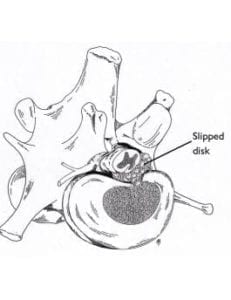
THORACOLUMBAR INTERVERTEBRAL DISK DISEASE
The most common cause of hind leg paralysis in the dog is injury to the spinal cord from a slipped (ruptured) disk in the spine. This injury can cause permanent problems with normal activity and urination. Generally, urgent treatment is required to reduce the risk of permanent disability.
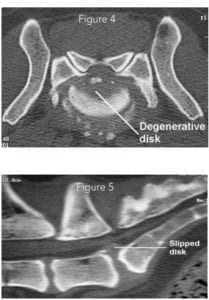
LUMBOSACRAL INTERVERTEBRAL DISK DISEASE
One of the most common causes of lower back pain in the dog is injury to the spinal cord from a slipped (ruptured) disk in the spine. This injury can cause permanent problems with normal activity and urination. Generally, urgent treatment is required to reduce the risk of permanent disability.
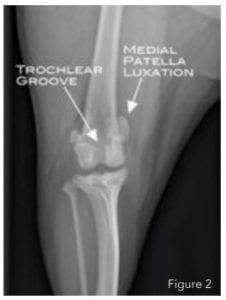
PATELLA LUXATION
IN DOGS
One of the most common causes of hind leg lameness in the dog is instability of the kneecap (patella). Sometimes, this instability can lead to degenerative changes (osteoarthritis) in the joint including cartilage damage, bone spur (osteophyte) production, and cruciate ligament injury.
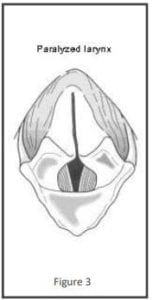
LARYNGEAL
PARALYSIS
The most common cause of breathing difficulties in older dogs in a condition called laryngeal paralysis. This condition typically affects older dogs (>8 years of age) and seems to be more common in Labrador Retrievers and their cross breeds.

